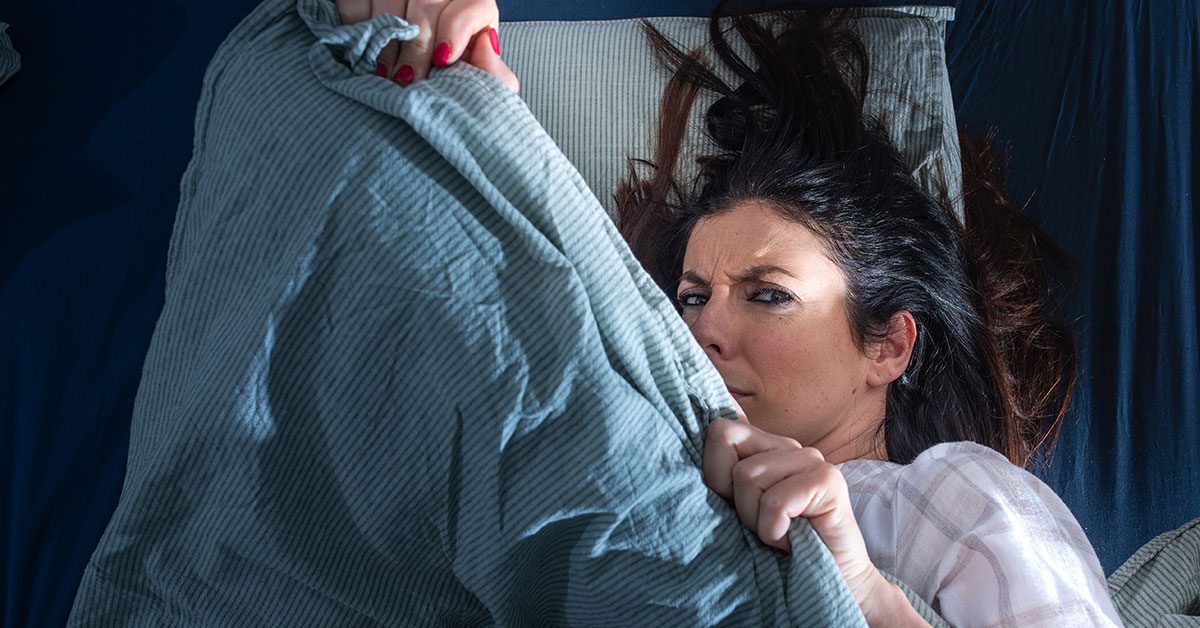
We know the importance of habits. Many people try to cultivate good ones, like eating healthier, reading more or getting more sleep.
Unfortunately, sometimes we unintentionally set ourselves up for failure ― especially as it relates to sleep. What we don’t always realize is that some of the things we do before bed might actually be making our Zzzs worse.
We reached out to several experts to find out which of our seemingly harmless nighttime habits aren’t conducive to a restful night’s sleep. Here’s what to avoid:
1. Bedtime Procrastination
We all have busy lives, and sometimes we don’t get to complete our to-do lists during the daytime. In order to make up for this, we’ll try to play catch up at night.
This has increased during the COVID-19 pandemic and can lead to poor overall sleep quality, according to Dr. Ashwini Nadkarni, an associate psychiatrist and an instructor at Harvard Medical School.
“So many people will spend the last few minutes of the day ‘catching up,’ not only on work duties but also on household needs,” Nadkarni told HuffPost.
“For instance, the last 30 minutes before bedtime, people may write down lists of tasks they need to get done around the house, obligations they need to fulfill on behalf of their kids, or respond to work emails that they might have missed,” she continued. “This might feel like a version of winding down when actually, it can instigate nighttime rumination and an arousal level about additional planning for the next day, in turn, impacting sleep onset latency and worsening overall sleep quality.”
2. Drinking Alcohol Before Bed
We know reaching for your favorite boozy beverage might sound like the perfect way to unwind from a long day, but it might also be the reason you can’t stay asleep.
Chelsie Rohrscheib, a sleep expert and neuroscientist at Wesper, an at-home tool for diagnosing sleep disorders and improving sleep, said while alcohol is initially sedating, it becomes problematic as it’s metabolized and broken down into new chemicals by the liver.
“When alcohol is broken down, it turns into a chemical that affects the sleep centers of the brain and prevents deep sleep and REM sleep, making the second half of your night more restless and causing frequent awakenings,” she said.
Additionally, alcohol can cause increased urination, so you may frequently need to get up to use the bathroom. Rohrscheib recommended having your last alcoholic drink at least three or four hours before you go to sleep.
Read more at www.huffpost.com.
